Doncaster Council Crisis: 'A divisive figure who has made problems worse'
Peter Davies
Published Date: 20 April 2010
By Rob Waugh
DONCASTER'S elected mayor is a divisive figure who lacks the political skills to deliver better services for the people of the town, according to the Audit Commission.
The report says Peter Davies lacked any background in local government before his election last year, which, it says, was "by his own admission something of a surprise to him."
Overnight, Mr Davies found himself "in a position of considerable power and influence over the people of Doncaster" and has since struggled to come to terms with the responsibilities of office.
The report says the mayor "acknowledges that he is inexperienced and the leadership he and his Cabinet provide has so far lacked the sophistication and skill that would help the council and its partners to deliver better services for the people of Doncaster."
Mr Davies is not the cause of the council's problems but "the way he has set about his task has tended to make those problems worse", the report says. It highlights his outspoken approach to "diversity and political correctness" which he is "entitled to pursue". But the report warns that the mayor also has a legal duty to promote good race relations and that "perhaps partly through inexperience, he seems insufficiently aware that the way he expresses his views might compromise his ability to discharge those (legal) responsibilities"."
Some staff and residents, including from ethnic minority communities, told inspectors that "certain people within Doncaster may seem some of the mayor's comments as legitimising their racist and homophobic behaviour".
The report says the mayor's comments about removing council translation services and that there being "no such thing as child poverty" have led to confusion.
But it says that in discussion, Mr Davies "is more balanced and suggests that he accepts the need to adhere to legal duties around racial equality and the need to address inequality and poverty.
"However, his public utterances, which he may see as serving a useful political purpose, have served internally to confuse and de-motivate staff; externally to confuse partners; and publicly to worry sections of the community who are already vulnerable."
The report acknowledges some councillors have made his working with the council difficult but Mr Davies's "provocative and inflammatory statements" have created "division when compromise and conciliation are required".
The mayor is the only English Democrat on the authority and the report depicts him as an isolated figure who "lacks the political skills to build and maintain consensus".
The report acknowledges that Mr Davies had made genuine efforts to reach out to councillors but warns "he fails to understand that simply saying 'my door is always open' will not result in dialogue unless his behaviours, attitudes and opinions also support a more collusive and open approach."
It adds he only belatedly gained an understanding of how decisions are made.
The mayor and some of his Cabinet members' "bluff approach to dialogue" extends to communicating with officers, some of whom reported "considerable pressure being put on them to amend of alter professional advice. If advice is contrary to expectation, then officers sense they fall out of favour.
"Clearly this is not conducive to a well-governed organisation or to a situation in which officers feel able to give impartial advice."
THE HISTORY
DONCASTER has not arrived at its virtually ungovernable state overnight and the inspection report charts a decline going back to the infamous Donnygate scandal which began more than 13 years ago.
It says the "negative perceptions" created by the corruption and fraud which tainted the authority and resulted in 21 councillors being convicted "hangs over the area and over the council".
Possibly as a means of drawing a line under the affair, Doncaster was one of the first councils in the country to adopt the elected mayoral system under which most executive power resides in the hands of one person rather than councillors.
The town's first elected mayor was Labour's Martin Winter, who took up office in 2001. But although he was re-elected in 2005, significant numbers of Doncaster residents were becoming disillusioned with the system and 11,000 signed a petition, in 2007, demanding a referendum to remove it. That move was ruled out by the Government but infighting within Labour's ranks and a power struggle with a former chief executive served further to undermine the mayoral position.
Mayor Winter left Labour to become an independent mayor in 2008 but amid the children's services scandal last year opted not to attempt to stand for a third term.
His spat with former chief executive Susan Law, which eventually saw Ms Law leave under an expensive compromise agreement, led to a public interest report from the district auditor in May 2008 which laid bare some of the failures which were amplified several times over in yesterday's findings.
Last year saw Government intervention in children's services which were deemed to be beyond local repair.
An ethical governance review was also undertaken by the Local Government Association which concluded councillors' refusal to accept the mayoral model was causing the authority difficulties. It highlighted behaviours described as "venomous, vicious and vindictive".
Recommendations have seemingly been followed by the authority but the Audit Commission found despite this "it is clear that the behaviour of certain key individuals has not improved".
Two options on how to run problem authority
The Audit Commission has formally recommended the Government intervenes in the running of Doncaster Council and essentially proposes two potential avenues for action:
The 'nuclear option' would involve Secretary of State for Communities and Local Government John Denham intervening direct in the council's functions and appointing commissioners to run some or all of them.
The second option, which is possibly more likely, would involve the creation of an independent board to oversee the running of the authority, with a Government-appointed chairman. It would comprise of local government experts from outside Doncaster.
That option would also require elected mayor Peter Davies seeking support from a 'mentor'.
Tuesday, 20 April 2010
Subscribe to:
Post Comments (Atom)














![Kay Jordan marched in Hanbury Street, Princelet street on 17 January 2006 [pictured below]](https://blogger.googleusercontent.com/img/b/R29vZ2xl/AVvXsEjmFpkcZgAW1eZKWId6O-xApvo7_zu4rL0QLz_ByB_FHaKbyUkAFfaPT1RdxXqjX-YVvveRu2zdPyr0pXqiFK-0SAjQd5vyTwGgGDnyU600Gk-gu-MueRhRIg_UhFT66fo8gzCl2tM4BX-8/s760/KHOODEELAAR%2521+No+to+Crossrail+Hole%252C+Demo+in+Hanbury%252C+Spelman%252C+Princelet+Streets+and+Brick+Lane+London+E1+17+January+2006.jpeg)
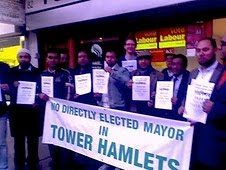
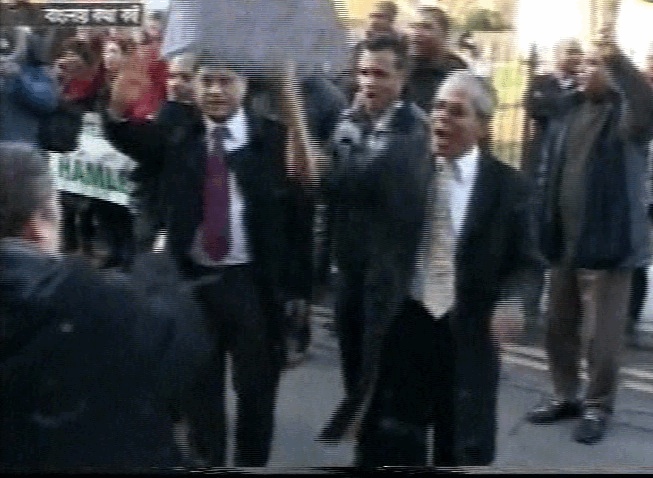



















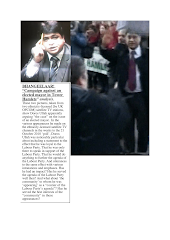
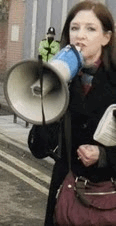

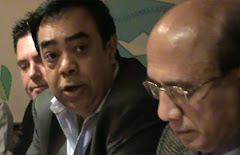

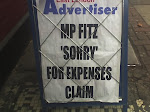
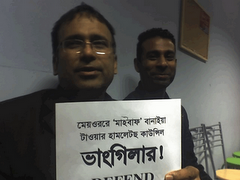
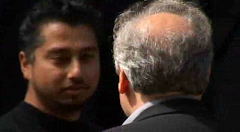
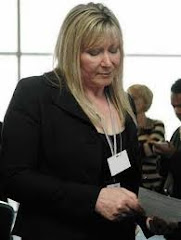
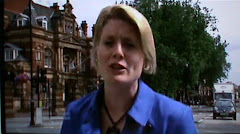
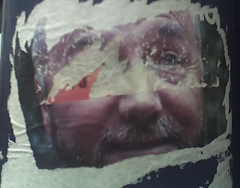

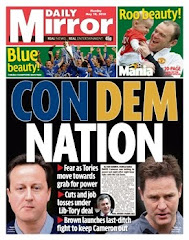
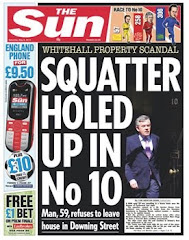
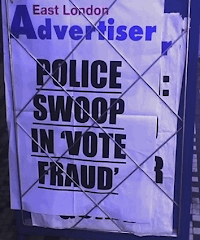
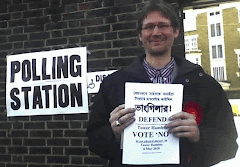
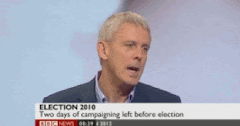

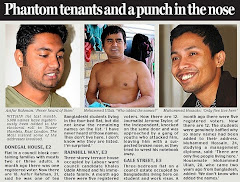
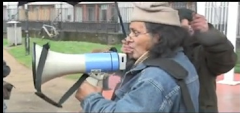


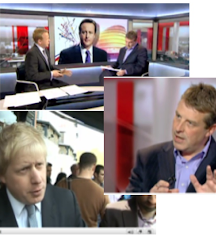
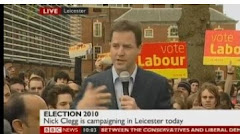
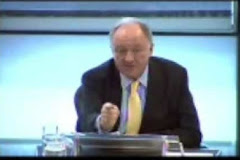
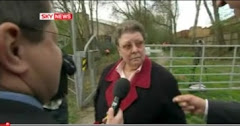
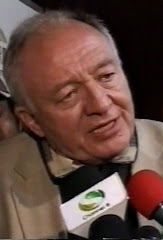
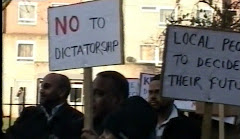
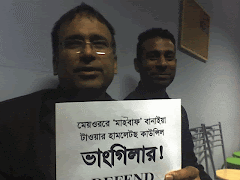

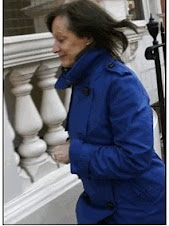
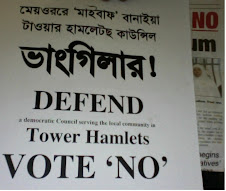
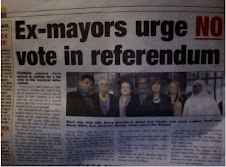
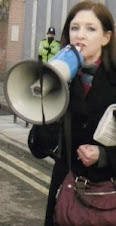
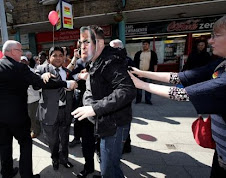
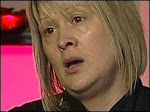
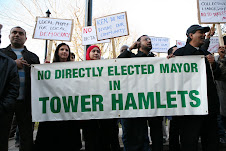
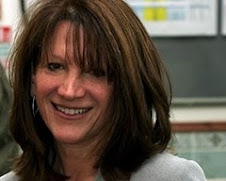
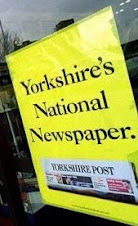
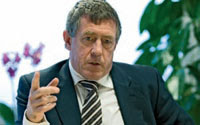
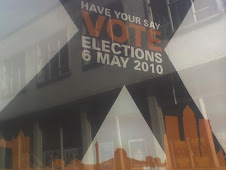
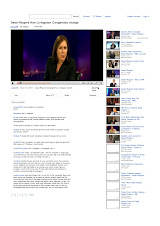
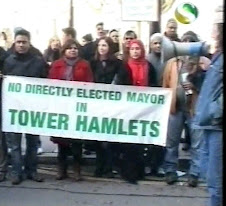
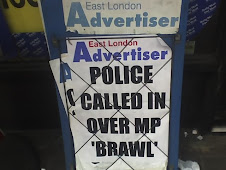
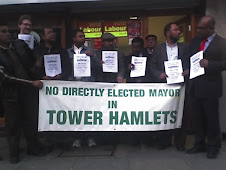
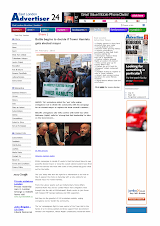
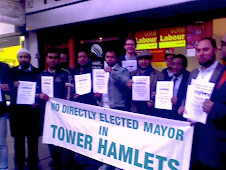
No comments:
Post a Comment